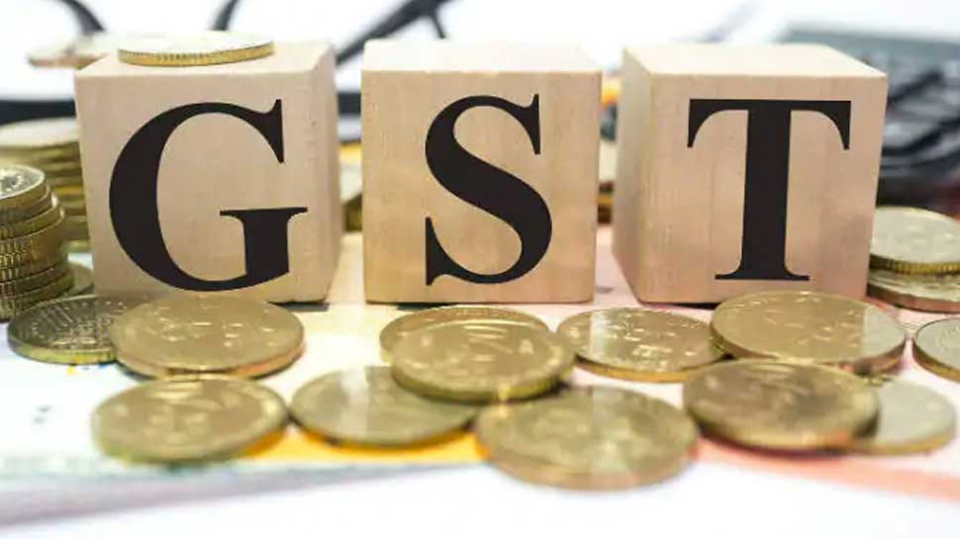The GST wiki page defines the goods and services tax (GST) as an indirect tax levied on goods and services for domestic consumption. India adopted the GST Act in 2017 to simplify the taxation process and make it more uniform and transparent across the nation. Every Indian taxpayer – producers and consumers – must be aware of the GST amendments, rates, rules and processes related to GST to pay taxes and responsibly file returns.
The GST Act and the amendments made to it have vastly changed several aspects of the Indian economy. From small kirana shop owners to multi-millionaires, there are businessmen of all ages, industries, and backgrounds in India. This article talks about what the average Indian businessman should know about the GST Act.
How Does GST Affect a Businessman?
- GST Rates
There are five GST tax slabs: 0%, 5%, 12%, 18% and 28%. Depending on the type of goods and services you deal with, tax rates are applicable as follows (examples are non-exhaustive):
0% – Essential products like fruits, vegetables, bread, milk, salt, newspapers, and agricultural services
5% – Apparel (less than INR 1000) footwear (less than INR 500), creams, kerosene, coal, and electric vehicles
12% – Edible items like frozen meat products, real estate and business-class flight tickets
18% – Electronic products, smartphones, luxury restaurants and IT services
28% – automobiles, heavy electronics like washing machines, tobacco, pan masala and movie tickets (above INR 100).
Based on the products or services you sell, the taxes will be levied appropriately. The GST council revised some of these rates (like EVs and hotel rooms) to boost some sectors of the economy. Goods like petroleum and government-owned alcohol are exempt from GST, and instead, each state charges a VAT.
- Compensation Cess
GST is a destination-based or consumer-based tax, which means that the products and services are taxed in the place they are sold in, not where they are produced. So, in the 28% tax category, the central government levies an additional charge called compensation cess on some products to distribute to the state governments which manufacture the goods. This makes up for the revenue they lose because their products are taxed elsewhere.
- GST Exemptions
There are other exemptions applicable for businessmen based on their aggregate turnover. If you are a supplier with an annual turnover of less than INR 40 lakhs, you are exempt from paying GST. Note that any IGST, CGST or SGST paid by the investor and the value of non-taxable supplies of goods/services are excluded when calculating the aggregate turnover.
- GST Composition Scheme
This is applicable for any taxpayer (manufacturer or trader) in India with an annual turnover of less than INR 1.5 crores. You can register for the composition scheme and opt to pay nominal taxes and not the GST rates. You then need to issue a bill of supply instead of a tax invoice, which requires fewer details, thereby making the process simpler.
- GST Software
The entire process of GST registration, payment, and filing tax returns are done online. Since a lot of SME businessmen are likely to be new to technology and digitisation, several companies have set up user-friendly platforms that enable such businessmen to make the transition to the online world. GST software applications help you create and share invoices, maintain proper records of all goods and payments, which, in turn, make the process of filing GST returns much easier.
If you plan to use GST software for your business, there are a few parameters you should keep in mind when choosing the best software available. It should be safe and not leak the information you feed it (like bank details, customer details and so on) and it must have a user-friendly interface with a quick response time. If your business already employs some ERP software or accounting software, check if the GST software can take information from both and compile the things needed for invoices or filing returns in one place.
Conclusion
If you are a businessman, especially a small one, GST has made a lot of processes simpler and easier for you. Hopefully, by now, you understand the benefits of the various GST schemes applicable for small businessmen. With the help of GST software and other apps that help you go digital, you are in a better position to appreciate the power of going online.

